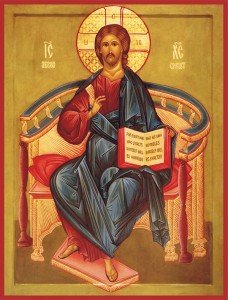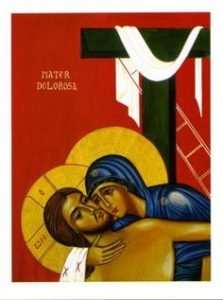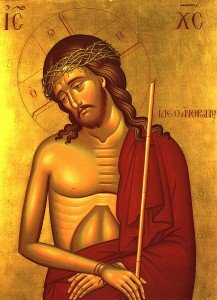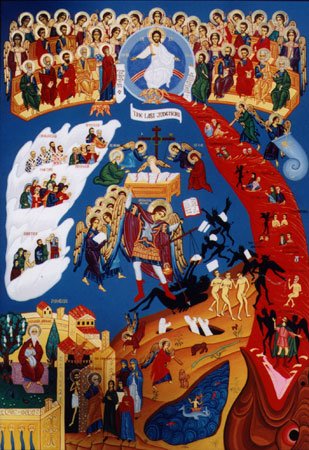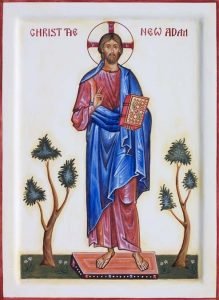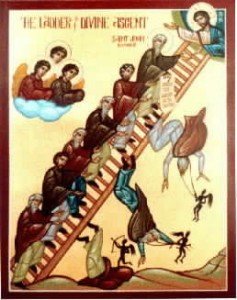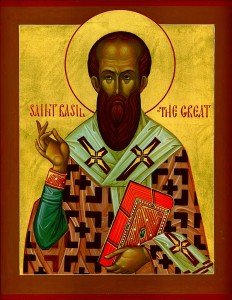 As you already probably know, this is the last weekend until Willow Sunday that we will be using the Divine Liturgy of St. John Chrysostom. The Church calls us to use the Liturgy of St. Basil the Great during the Great Fast. This Liturgy is known for its longer prayers which are unrivaled in our entire Tradition for their beauty of expression and the depth of their theological/spiritual content. Even though we are hearing them in translation, that beauty and depth remain intact and shine through.
As you already probably know, this is the last weekend until Willow Sunday that we will be using the Divine Liturgy of St. John Chrysostom. The Church calls us to use the Liturgy of St. Basil the Great during the Great Fast. This Liturgy is known for its longer prayers which are unrivaled in our entire Tradition for their beauty of expression and the depth of their theological/spiritual content. Even though we are hearing them in translation, that beauty and depth remain intact and shine through.
Saint Basil did not sit down and “compose” the entire Liturgy “from scratch.” The basic structure of the Liturgy was already an essential element of the Church’s Tradition. There is every reason to believe, however, that he is responsible for the magnificent Anaphora prayers.
These prayers reflect Saint Basil’s intense preoccupation with the Church’s Trinitarian faith – that we worship the One God as the Father, and the Son, and the Holy Spirit; the Son and the Holy Spirit being consubstantial with the Father as to their divine nature, and thus co-enthroned and co-glorified with the Father from all eternity. That belief, though present “in the beginning” of the Church’s proclamation of the Gospel, was under attack during the turbulent fourth century with the Arian heresy and its various offshoots stirring up seemingly interminable debate and dissension. Saint Basil was one of the premier exponents of the Church’s faith that the one God is the Holy Trinity. He helped establish the classical terminology of the Church in expressing that Faith: God is one in essence (ousia in Greek), yet three Distinct Divine Persons (in Greek hypostaseis). This very terminology still remains intact to this day.
The opening Anaphora Prayer expresses this belief. The celebrant prays:
“O Master, You are Lord, God the Father, almighty, adorable. It is truly proper and just and befitting the greatness of our holiness to praise You, to sing to You, to bless You, to worship You, to give You thanks, to glorify You, the only true God and to offer to You with a contrite heart and a humble spirit this, our bloodless sacrifice.”
The prayer continues with expressing all of our beliefs about God. Although this portion of the beginning pray of the Anaphora is typically said silently by the celebrant, you are encouraged to read the prayer. It is a profound expression of what our Church believes about God.

